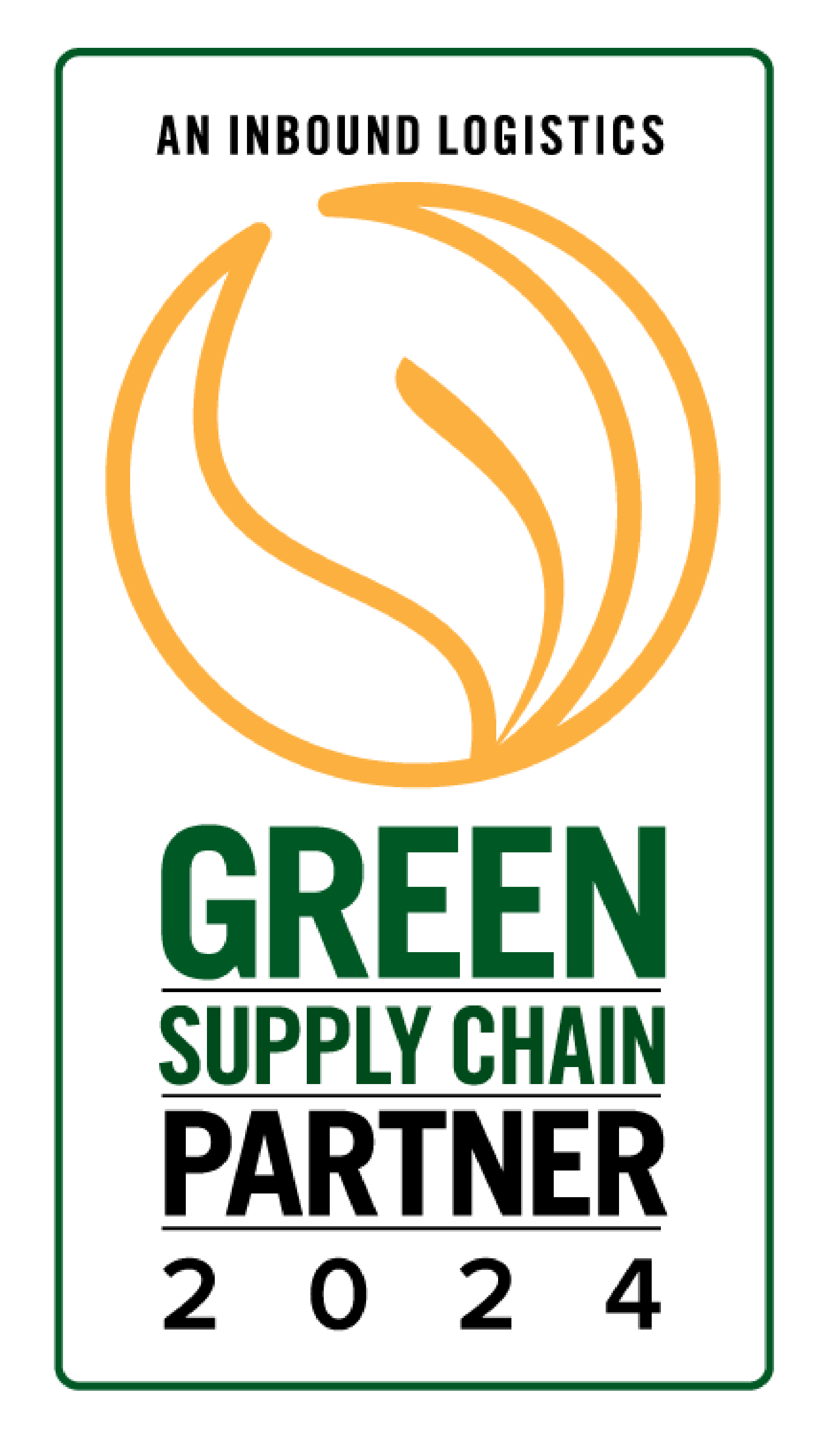Closed Loop Partners’ managing director Bridget Croke also shares what investors need from brands.
Kori Goldberg, GreenBiz.com, October 13, 2023
There is no shortage of circular economy startups, products and services vying for funding, offering investment opportunities across every industry. On a global scale, there’s a massive financial incentive to invest; Accenture estimates the economic potential of realizing a circular economy is $4.5 trillion.
The circular economy offers a model for a profitable and regenerative system, but intelligent investments are essential to advance circularity at scale. To learn more, I spoke with Bridget Croke, managing director at Closed Loop Partners (CLP), an investment firm accelerating the transition to the circular economy. Pioneers in the field, CLP has made over 65 investments, which it says have helped to keep 4.8 million tons of materials in circulation.
Croke, part of the founding team at CLP, has been instrumental in building its three verticals in investment, innovation and infrastructure over the past decade. She also advises on circular strategy to companies including P&G and Coca-Cola, to partner organizations such as the Ocean Plastics Leadership Network and to CLP venture portfolio companies including Algramo.
CLP’s portfolio company holdings include Molg, which uses robotics and design software to improves assembly and disassembly processes and maximize value from recovered materials; Solarcycle, whose platform facilitates the restoration, renewal and recycling of solar panels; and Thrilling, a boutique vintage clothing marketplace that digitizes inventory, providing resale channels at scale.
Kori Goldberg: What types of investments offer the biggest potential for advancing circularity at scale?
Bridget Croke: As we like to say, there is no one solution that is going to create a circular economy. The circular economy aims to solve system-wide challenges through holistic solutions, recognizing that there is no panacea that will affect systems change.
It relies on several strategies, some old and some new, that extend the lifespan of products and eliminate waste through reducing, reusing, recycling, renting, remanufacturing, refilling and redesigning products and materials. This shift in thinking impacts every part of the value chain and creates a framework for global corporations, startups, governments and cities to reimagine capitalism, reduce costs, increase efficiency and protect the environment we share.
This is why we invest in companies that advance direct impact toward the circular economy by focusing on a given material stream and helping make it more circular to eliminate waste, like MRFs [materials recovery facilities] or material processors.







